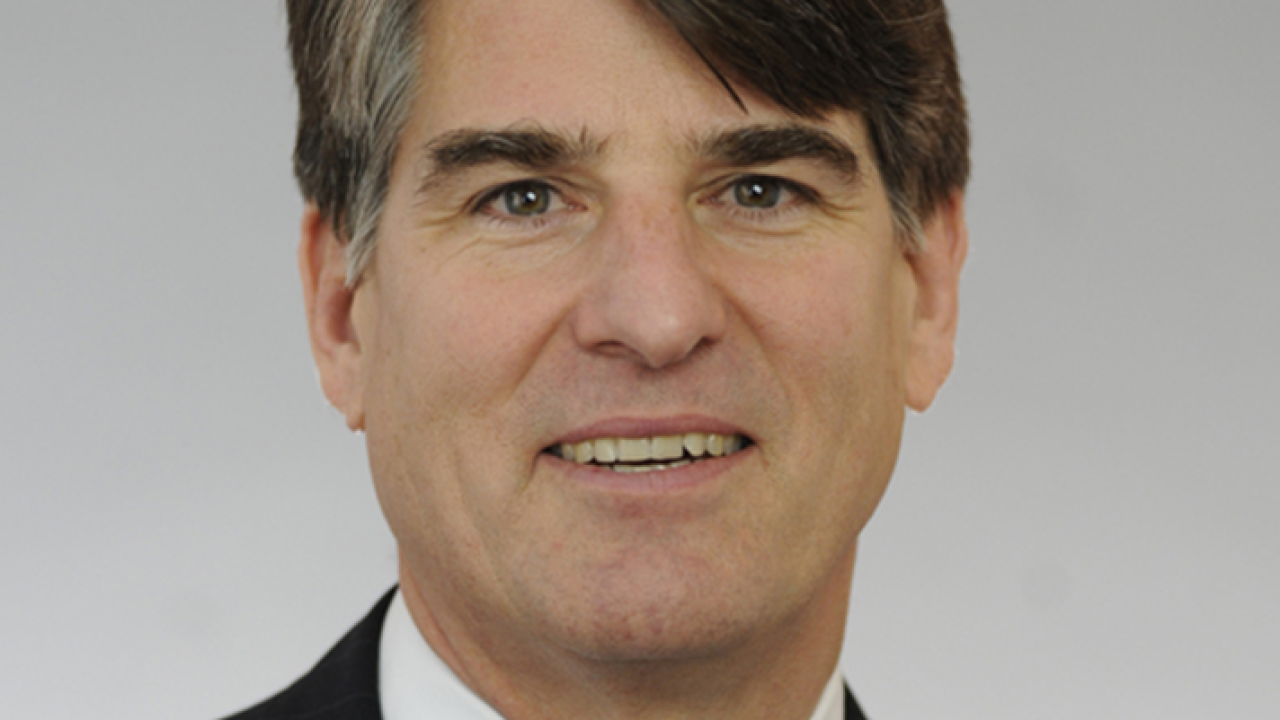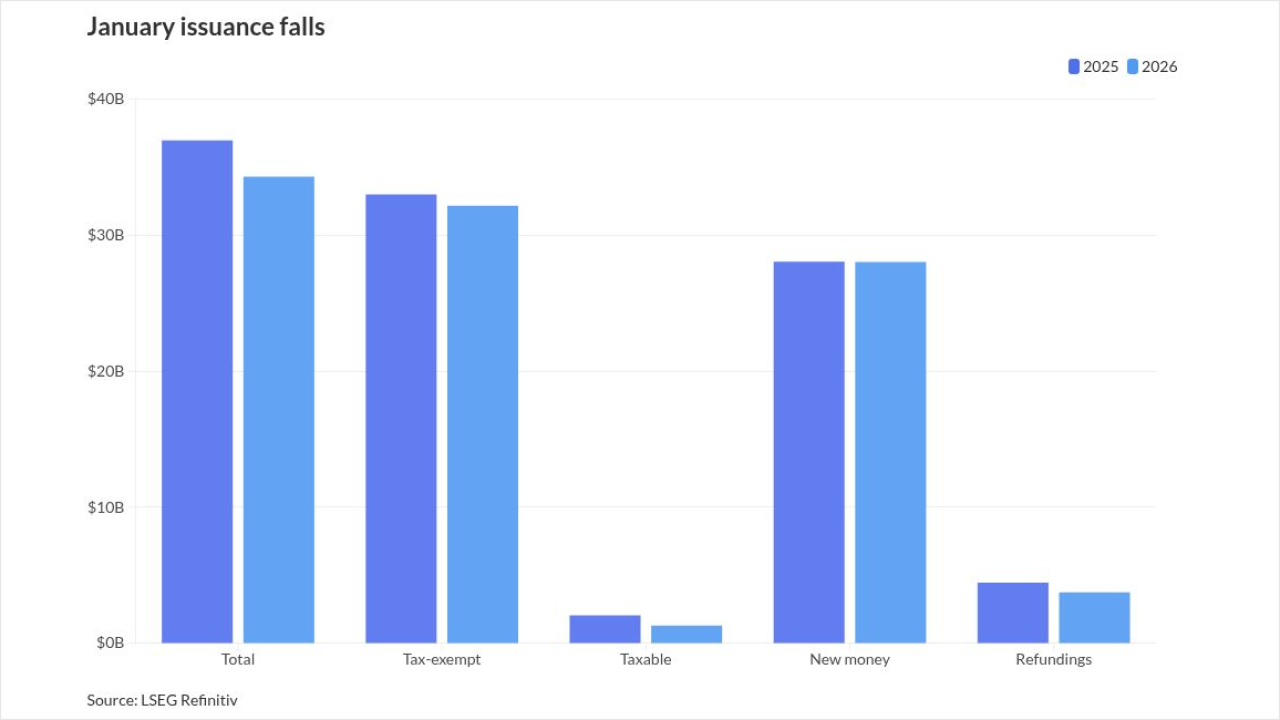A healthcare benefits deal New Jersey Gov. Phil Murphy forged this week with public-sector labor unions is supposed to provide the cash-strapped state with almost $500 million of savings over the next two years.
The cost-cutting agreement announced Monday with the New Jersey Education Association and other labor groups steers active and retired public workers to in-network doctors and generic drugs. Murphy said the changes approved by the School Employees’ Health Benefits Commission are projected to save the state $496 million combined in 2019 and 2020.

“I thank New Jersey’s educators and public employees for coming to the table in good faith to negotiate ways to provide high-quality health care at the lowest possible cost, leading to improved delivery of health care for beneficiaries and significant cost savings for the state, local governments, and New Jersey taxpayers,” said Murphy in a statement. “I believe in the power of collective bargaining and negotiating in good faith with our workforce.”
The Murphy administration said $274 million of savings will be realized in the coming plan year in healthcare costs for public employees and retirees. An additional $222 million of savings is slated for 2020 from the adoption of Medicare Advantage for both State Health Benefits Program and School Employees’ Health Benefits Program employees as well as the introduction of a new in-network care health plan.
“By making these changes, state and local governments will realize significant savings to the benefit of New Jersey taxpayers,” State Treasurer Elizabeth Maher Muoio said in a statement. “This is a tremendous step in the right direction and we look forward to continuing to work with our partners in labor to find ways to provide health care in the most effective, comprehensive, and cost-efficient way possible.”
Murphy’s ability to bargain with labor for a healthcare savings agreement is a contrast from predecessor Chris Christie, who often clashed with the NJEA and other labor groups while trying to implement benefit changes. The Democratic governor said active school employee union members will see “a sizable difference” in their premiums for 2019 with rates decreasing by 1.1% compared to a 13% increase they saw last year.
“These changes are a great example of the win-win outcomes we can achieve when labor is viewed as a partner in progress and not an opponent,” NJEA President Marie Blistan said in a statement. “The reforms we helped negotiate with the state’s representatives on the SEHBP Design Committee will save hundreds of millions of dollars for the state while protecting the quality and affordability of our members’ health insurance coverage.”
Massive underfunding levels for the state's public pension systems combined with structural budget challenges triggered 11 bond rating downgrades under Christie to the lowest among U.S. states with the exception of Illinois. The Garden State’s general obligation bonds are now rated A-minus by S&P Global Ratings, A3 by Moody’s Investors Service and A by Fitch Ratings and Kroll Bond Rating Agency.
New Jersey is making a record $3.2 billion contribution to its pension systems this year but that only amounts to 60% of the actuarially determined contribution.
“The cost of providing health care to members of public sector unions has been a major issue for many years,” Tom Bracken, president of the New Jersey Chamber of Commerce, said in a statement. “This positive first step can help us build a stronger economy. It will also relieve pressure on the state budget when it comes to pension payments.”





